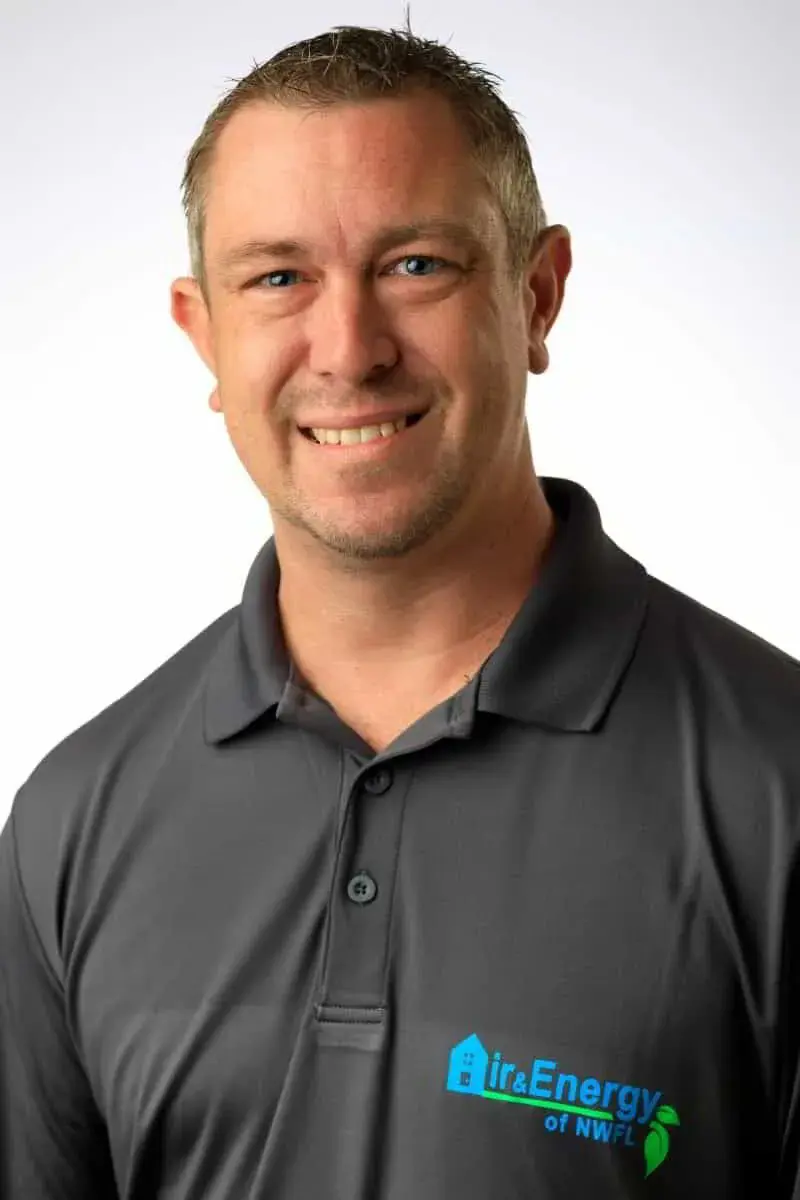A short-cycling air conditioner is bad for many reasons, not the least of which are your personal discomfort, higher energy bills, and the oppressive Florida heat.
A short cycling AC can, unfortunately, be a difficult issue to fix, not because it's complicated, but because a short cycle can originate from several different sources.
The best way to address (and prevent) air conditioner short cycling is to schedule regular maintenance from a qualified professional, but knowing your air conditioning system well can be helpful, too.
The Problem: AC Short Cycling

If you've noticed your air conditioner short cycling, you've already taken a big step in the right direction. After all, while a short cycling AC will sometimes cool your home well enough, the shorter cooling cycle results in excess wear and tear to your air conditioner.
If you don't notice this for a long time, it could cause damage to your air conditioner before you get around to fixing it.
The part of your air conditioner most at risk is the compressor. The compressor is one of the most important parts of your AC unit, as the compressor itself is the part responsible for moving coolant through the AC system.
If your air conditioner is short cycling, that means the compressor is turning on and off more than it should be, which causes early wear and tear.
Related Reading: Is It Bad to Keep Turning AC On and Off?
What Causes Short Cycling in an Air Conditioning System?

Oversized Air Conditioner
One of the most common causes of fast cooling cycles is an oversized unit. Different air conditioning units are designed to cool different sized homes, so as you might expect, using the wrong size can cause problems.
If your air conditioner turns off shortly after it turns on, it may be cooling your home too fast.
Dirty Air Filter
A dirty air filter is another primary cause of short cycling. When your air conditioning unit has a clogged air filter, it needs to work harder to pump fresh air through your home.
This can lead to the air conditioner overheating, pumping hot air through your home instead of cool air, or making the unit turn off before it should.
Low Refrigerant Levels
Low refrigerant is another one of the primary causes of short cycling. If your air conditioning unit doesn't have enough refrigerant, it will trip the low-pressure control switch, turning it off early.
Additionally, mechanical problems or cold weather can leave your air conditioning unit with frozen evaporator coils.
Faulty Thermostat
A misplaced or faulty thermostat can sometimes cause short cycling issues, even if your air conditioning unit has no other problems.
For example, if the thermostat is located near an air vent, in direct sunlight, or in a drafty room, the set temperature may not accurately reflect the temperature of your home.
Finally, electrical problems are an ever-present short cycling problem with air conditioners. Both the HVAC system itself and its wiring and control boards can contribute to this issue.
Solutions: How To Fix Air Conditioner Short Cycling

If your HVAC cooling system isn't running its full cooling cycle, it can be helpful to track down the origin of the issue. However, after you do that, it's crucial to call an HVAC system professional like Air & Energy of NWFL to make any important or delicate repairs.
The good news is that if the issue with your AC system is straightforward, you may be able to fix and prevent short-cycling yourself. Short cycling problems such as ice buildup on the evaporator coil or a dirty filter are both easy to fix.
Other problems are best left to the professionals:
Electrical issues
While electrical problems are a common cause of short cycling, it's best to leave fixing these to a professional. Trying to address them yourself can be dangerous if you don't have HVAC system experience.
If your outside AC fan isn't spinning, it might be a symptom of a different issue so it's best to check that out separately.
Low Refrigerant
If the refrigerant in your HVAC system is low, it's not always a good idea to try and add more refrigerant yourself. Instead, contact a professional to check out your compressor and, if possible, top off the refrigerant for you.
Frozen Evaporator Coils
After the evaporator coils freeze in your air conditioner, your best bet is to wait them out. Once frozen, your AC unit will be unable to remove hot air effectively. It's best to leave your air conditioner off for a while to let the coils unfreeze, and it should be back to normal soon.
Dirty Air Filter
Fortunately, replacing a dirty filter in an air conditioner is one of the easier fixes you can make. If you know what size and type of filter you need, you should be able to replace it yourself.
If you want to change the type of filter, check with a HVAC professional, not all air filters are created equal.
Misplaced Thermostat
Unfortunately, the only real way to fix this issue is by moving the thermostat to a more central location. Alternatively, you may want to set your thermostat to a specific temperature to compensate for incorrect heat readings rather than setting it to your desired temperature.
Oversized Air Conditioner
If your air conditioner is too large, your best option is to invest in a smaller unit to fix the issue. You would be surprised how much effect this can have on increased energy bills.
If you're having trouble beating the heat, or if you've noticed that your system is short cycling, it may be time to call a professional to fix the issue.
Call our high-quality team at Air & Energy of NWFL today at (850) 477-7101 to set up your initial diagnostic appointment and get the AC repair process started and make sure you stay comfortable this summer.

This article was written by:
Co-founder and Home Comfort Specialist

